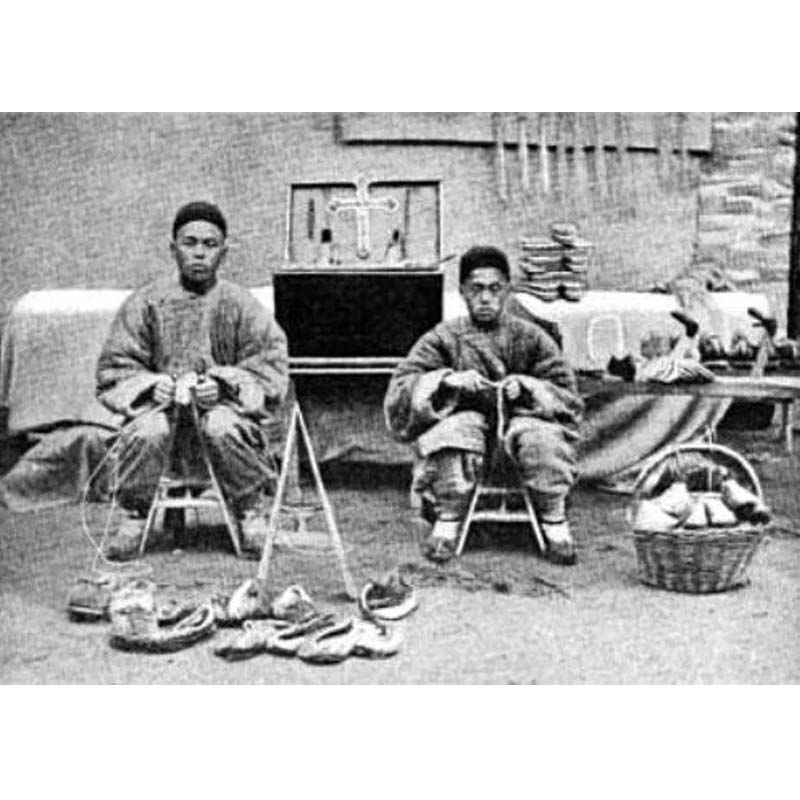In this issue, allow me to reprint a lengthy excerpt from a speech delivered by known Chinese community leader Alfonso Zarata Sy Cip in Cebu in 1916.
The speech, which opposed the extension of America’s Chinese Exclusion Act in the Philippines, is rare for a leading light of the Chinese community at the time, beside the fact that it was delivered in English.
The law, which restricted immigration of Chinese laborers to the US, was extended to the Philippines in 1902. It had a far-reaching effect in the composition of the Tsinoy community. The US repealed the law in 1943.
Sy Cip’s well-crafted speech demonstrated his deep understanding of Chinese-Filipino relations and the role the Chinese played in mainstream society.
The speech is reproduced in The Spell of the Hawaiian Islands and the Philippines by Isabel Anderson, a rare book first printed in 1916 with subsequent reprinting in 1917 and 1919.
Sy Cip, a brother of Albino Sycip who co-founded China Bank and uncle of the Washington SyCip of SGV, was born in 1883 in Manila.
He moved to Cebu at the age of 21 where he worked and lived for the next 11 years. He later founded the Cebu chapter of the Chinese Chamber of Commerce, Chinese Cemetery, a Chinese hospital called Tsong Hok (Hokkien, 崇福) and the Far East Club of the Chinese community in Cebu.
When he returned to Manila from Cebu, he became the 31st and 32nd president of the Chinese General Chamber of Commerce in 1934.
The speech reads:
The Chinese have traded with these islands since long before Confucius and Mencius, and for centuries, we have been coming here and assimilating with Filipinos and today, we are deeply interested in the welfare of the country.
The Chinese have been called a nation of traders, the Jews of the East, but we are more than traders. We are laborers, artisans, farmers, manufacturers and producers.
A very large percentage of the growth and development of commerce and material interests of the islands is done due to the efforts of our countrymen.
The infusion of Chinese blood has strengthened and improved the Filipino people.
Chinese labor is recognized all over the world as the best cheap labor in existence. Since the American occupation of these islands, you have excluded our labor from entering. Why?
Not for the reason that it would tend to lower the standard of living among Filipino laborers because the standard of living among Chinese laborers in the Philippines is higher than among the Filipino laborers.
Hence, the introduction of Chinese laborers would tend rather to improve conditions in this regard.
You do not exclude him for the reason that he works for lower wages than the laborers of the country because, on the contrary, the Chinese laborers in the Philippines receive higher wages than the native laborers, hence, the introduction of Chinese laborers would tend rather to improve the condition of the native laborer as far as wages are concerned.
You do not exclude him for the reason that he will not become assimilated with the natives of the country because centuries of experience have shown that Filipinos and Chinese do assimilate and readily amalgamate, and the result, as I have already said, is an improvement of the Filipino people.
If you are excluding Chinese laborers from the Philippines because of political reasons, then I confess such reasons, if they exist, have been carefully guarded as secrets from the public.
Lack of room is not a reason for excluding Chinese laborers, nor is lack of need for their services. In the great island of Mindanao alone, it is doubtful if five percent of the tillable land is under cultivation, and in other places, it is the same.
A large part of the rice consumed in these islands is imported from other countries, yet, we have here the finest tropical climate in the world and the most productive soil.
Let a sufficient number of Chinese laborers come into the Philippines and we will guarantee that in 10 years, we will be sending rice to the gates of Peking and Tokyo.
Categories
Sy Cip on Chinese laborers 103 years ago





